The fast-casual restaurant chain segment has faced significant challenges since the Covid-19 pandemic forced widespread restaurant and business closures across the country.
Many restaurants adapted by shifting to delivery, takeout, and drive-thru models, allowing them to survive until the pandemic eased.
Financial Strain

However, the financial strain from shutting down dining rooms led numerous restaurants to seek Chapter 11 bankruptcy protection or, in some instances, Chapter 7 liquidation.
In some cases, financial difficulties led restaurant chains to file for bankruptcy years later. Notably, Red Lobster filed for Chapter 11 on May 19 and permanently closed 93 locations.
Rubio’s Coastal Grill One of Many
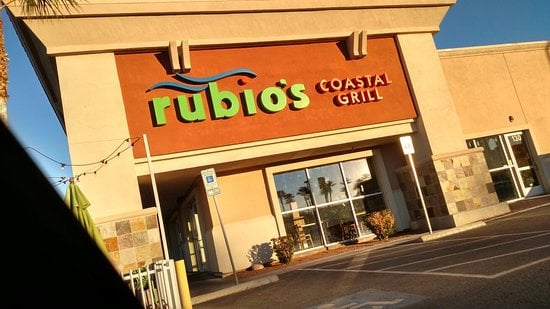
Rubio’s Coastal Grill, citing California’s AB 1228, which increased the minimum wage for fast-food workers at chains with over 60 locations in the state from $16 to $20 per hour, filed for Chapter 11 on June 5.
The Mexican fast-casual chain closed 48 of its 134 locations in California, Arizona, and Nevada.
Italian Restaurant Chains Face Financial Difficulties
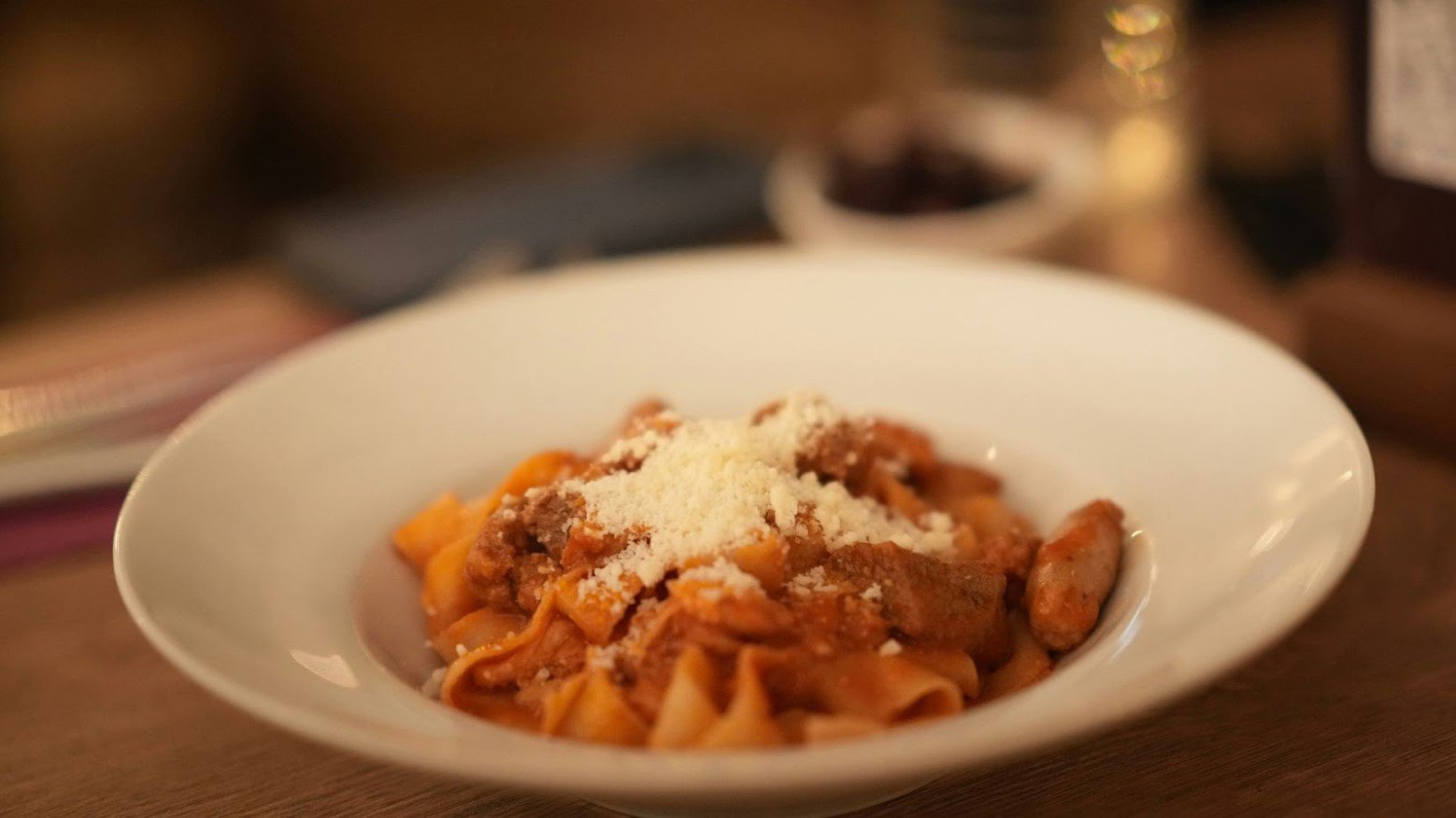
The Italian restaurant chain sector has also experienced financial struggles and bankruptcy filings.
In April 2020, FoodFirst Global, the parent company of Brio Tuscan Grill and Bravo Cucina Italiana, filed for Chapter 11 as the pandemic exacerbated pre-existing difficulties.
Acquisitions and Bankruptcy

Two months later, Earl Enterprises acquired the Italian restaurants out of bankruptcy.
Fired Up, the owner of Johnny Carino’s Italian restaurant chain, filed for Chapter 11 protection for the second time in July 2016, following an initial filing in 2014.
Sbarro Files for Chapter 11 Again

Sbarro, a long-established shopping mall Italian fast-food chain with over 700 locations worldwide, filed for Chapter 11 in 2014 due to high food, labor, and lease costs.
It had previously filed for bankruptcy in 2011.
The Latest Victim: Buca di Beppo
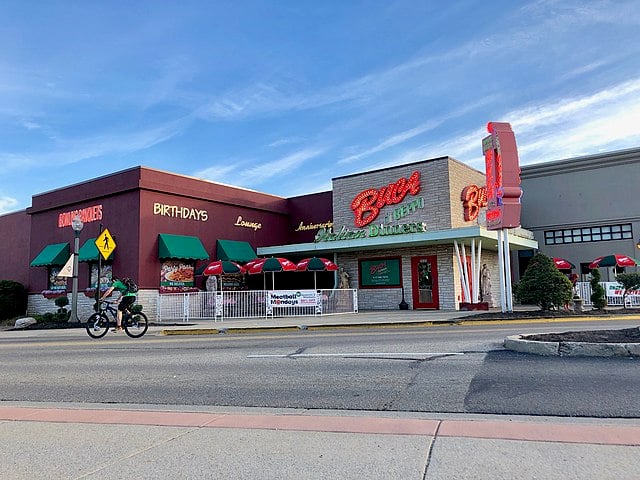
Recently, Buca di Beppo, a popular Italian restaurant chain, filed for Chapter 11 bankruptcy protection on August 4, aiming to reorganize with lender support.
The Orlando-based chain’s largest equity holder, Buca Investments, along with nine affiliates, filed the petition in the U.S. Bankruptcy Court for the Northern District of Texas in Dallas.
Millions of Dollars in Liabilities

Buca Investments listed liabilities between $10 million and $50 million.
The debtors will seek joint administration of their cases.
Sales Decline, Rising Costs, and Staffing Challenges
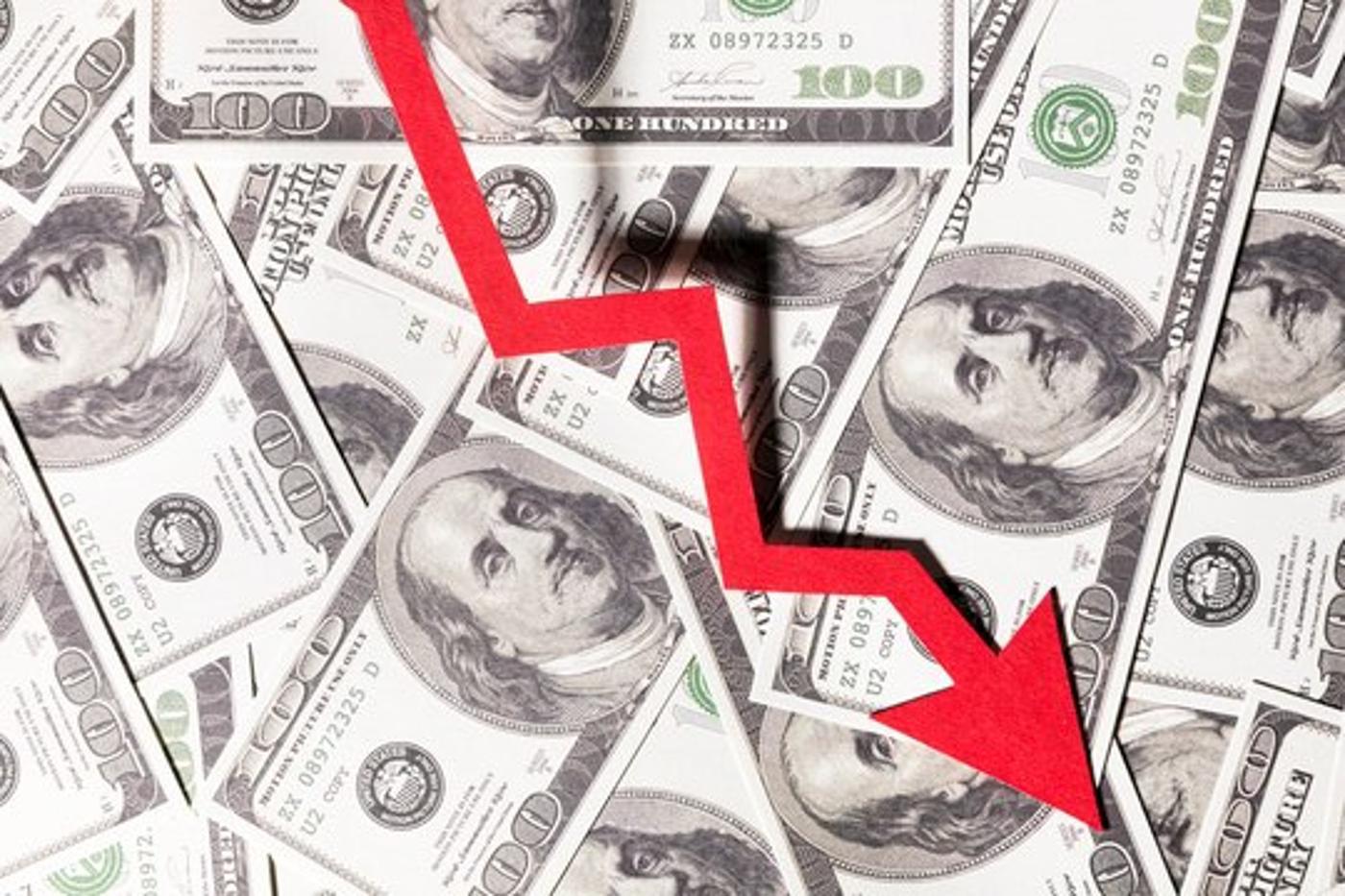
According to court documents, Buca di Beppo’s operations have been “impacted by a significant drop in sales, rising food and labor costs, continued staffing challenges, and changes to customers’ preferences.”
These factors have contributed to the company’s financial difficulties.
Buca di Beppo Closes 13 Locations
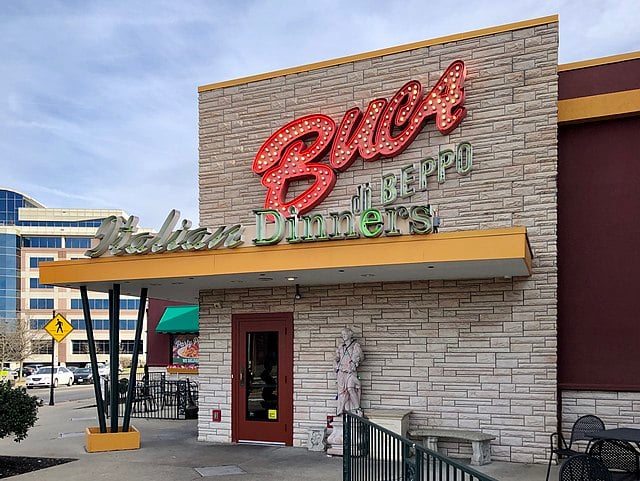
The chain recently closed 13 underperforming locations, including those in Sacramento and Salt Lake City.
Currently, Buca di Beppo operates 44 core locations in 14 states and two international sites, with plans to open one new location, according to an August 5 company announcement.
Strategic Restructuring

rawpixel.com/Freepik
“This is a strategic step towards a strong future for Buca di Beppo,” said company president Rich Saultz in the statement.
“While the restaurant industry has faced significant challenges, this move is the best next step for our brand. By restructuring with the continued support of our lenders, we are paving the way toward a reinvigorated future.”
From 95 Locations to Recent Ownership by Earl Enterprises
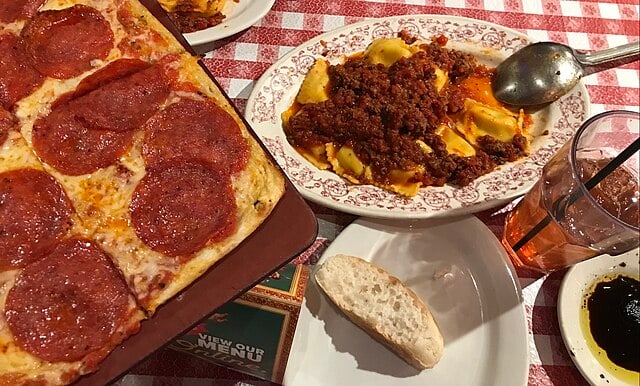
Founded in Minneapolis in 1993, Buca di Beppo grew to as many as 95 locations by 2013 before beginning to close restaurants, according to Restaurant Business.
It was acquired by Robert Earl’s Planet Hollywood International in 2008 and is now owned by Earl Enterprises.








































